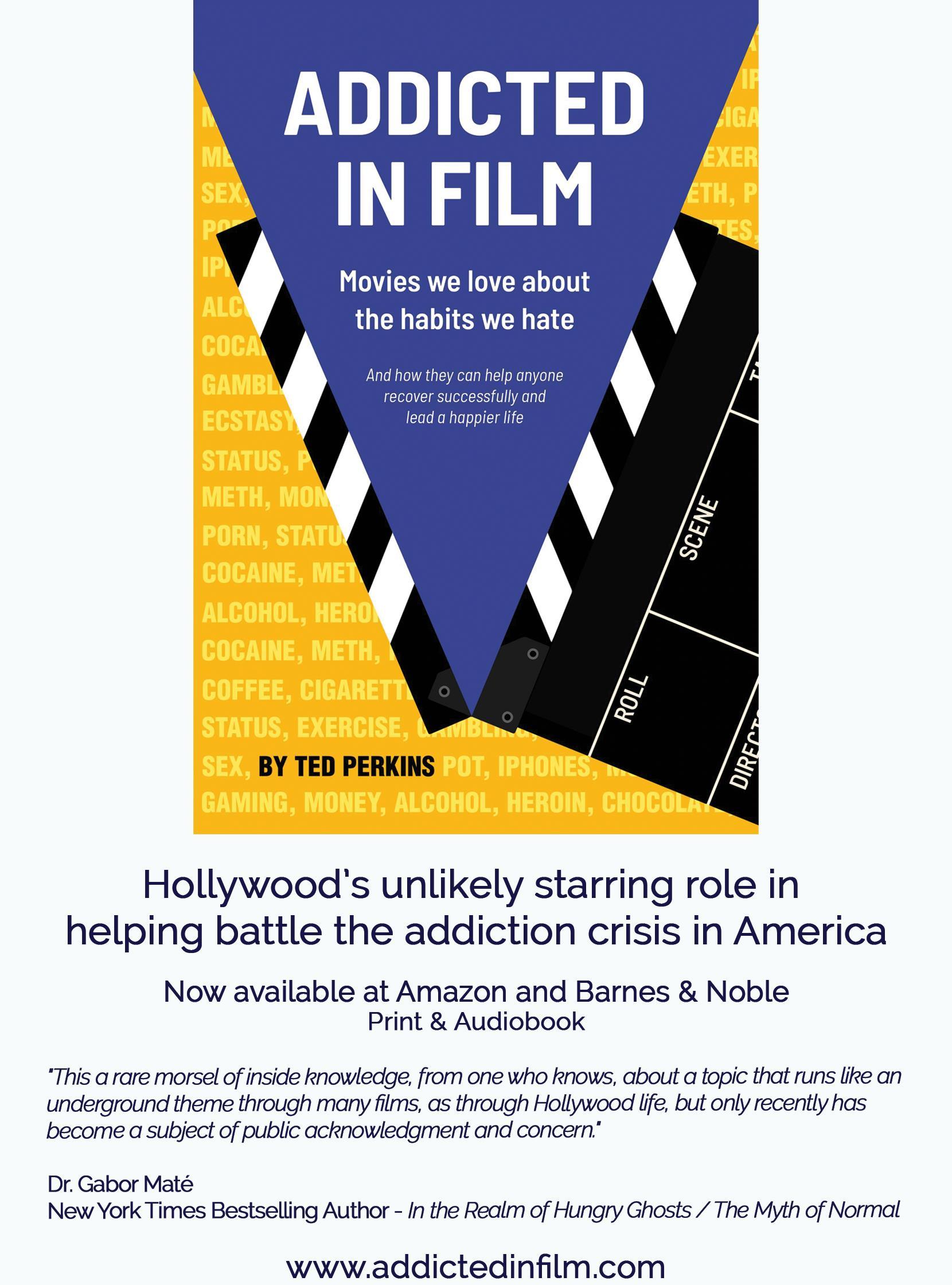International Film Festival Rotterdam



Tito
 by Kervens Jimenez and Taylor McIntosh Haiti
by Kervens Jimenez and Taylor McIntosh Haiti




 by Kervens Jimenez and Taylor McIntosh Haiti
by Kervens Jimenez and Taylor McIntosh Haiti
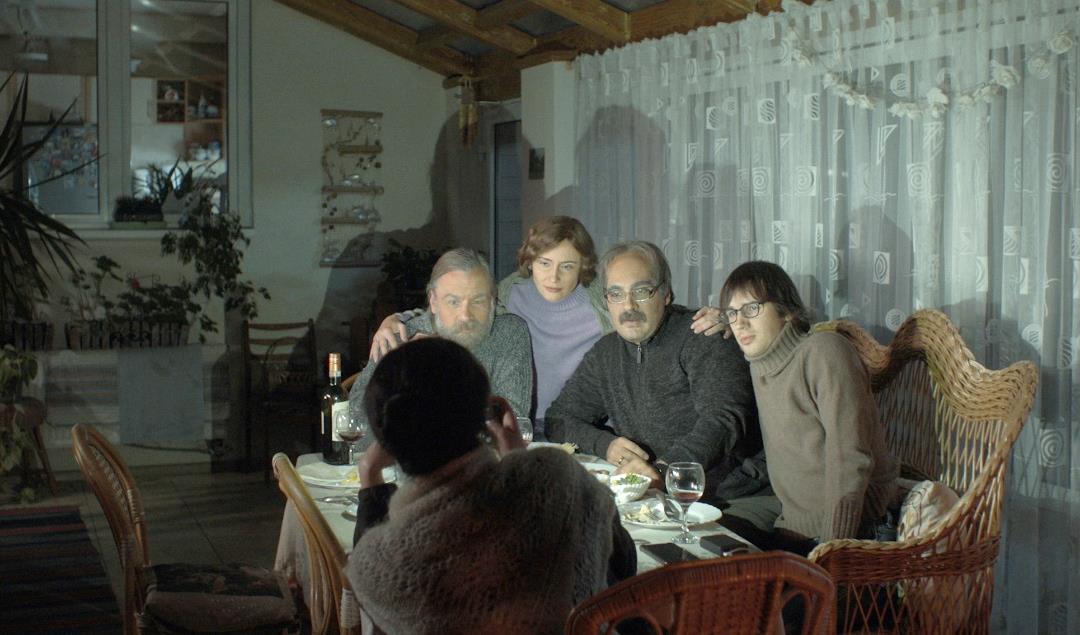


impressive film La Palisiada, screening in the Tiger Competition at Rotterdam.
VERDICT: An oblique, inventive anatomy of an investigation and execution in ‘90s Ukraine, and a legacy of Soviet violence passed down to today’s generation.
Carmen Gray, January 29, 2023

In a dingy underground cell, a man convicted of a police colonel’s murder is shot dead at point-blank range. It’s 1996, and Ukraine has gained independence after the fall of the Soviet Union, but the death penalty persists as a hangover of those times (the signing of Protocol No 6 to the European Convention on Human Rights, which ended capital punishment, would happen a few
months after.) The killing is carried out coolly and efficiently, the corpse is whisked out in a body bag, and the floor hosed down, as if this is all a matter of course. And the discoloured tiles suggest this is not the first prisoner to have shed blood here. This state-sanctioned execution is the core around which Ukrainian director Philip Sotnychenko has built his fragmentary, oblique and
An enigmatic opening prologue set in the present day, with a young generation of Ukrainian artists, culminates in another shocking gunshot. Sotnychenko leaves it to the audience to connect the dots between the film’s many episodes and digressions, refusing to simplify a society that speaks the language of absurdities and redundancies. But the thrust of his mosaic is fiercely clear: Russian colonialism didn’t end with the collapse of the USSR. Its brutal legacy never brought culture to Ukrainians as its propaganda professed, but only fear and trauma.
This is a visually compelling, formally inventive and challenging work that should enjoy wide play in festival slots at the more adventurous arthouse end of the spectrum, especially given its tragic topicality in regard to Russia’s full-scale invasion of Ukraine and extensive reported war crimes there. (It is a sobering (Continues page 4)

VERDICT: IFFR honors the acclaimed French cinematographer for her crucial contribution to contemporary European arthouse cinema.
January 29, 2023
Established in 2020, the Robby Müller Award honors outstanding lifetime achievements in cinematography. Rotterdam has previously bestowed this prestigious award upon Diego García (Mexico), Kelly Reichardt (USA) and Sayombu Mukdeeprom (Thailand), and is now focusing on France, at least on paper. For while she may hail from the country that birthed the cinematograph, Hélène Louvart is a veritable globetrotter when it comes to her work and recurring collaborations.
Most notably, she has been the regular D.P. of Alice Rohrwacher since the Italian director’s feature debut Corpo celeste (2011), and their most recent undertaking, the short film Le pupille (2022), is currently up for an Oscar. Other major international collaborations include American director Eliza Hittman, for whom Louvart created the images for Beach Rats (2017) and Never

Rarely Sometimes Always (2020),

and Brazilian filmmaker Karim Aïnouz, who enlisted her services for Invisible Life (2019) and the upcoming Firebrand, an ambitious period drama about Katherine Parr, the final wife of Henry VIII (with Alicia Vikander and Jude Law playing the two leads).

And then, of course, there’s Wim Wenders, whose Pina (2011) remains one of the few truly memorable 3D achievements. This is thanks to Louvart’s eye, which made the third dimension an integral part of the German director’s tribute to choreographer Pina Bausch,
rather than just a commercial gimmick. A sentiment shared by the jury of the Camerimage festival, which specializes in cinematography, and awarded her the prize for the best 3D documentary (beating Peter Zeitlinger for Werner Herzog’s Cave of Forgotten Dreams). Always striving for something unique with each project, Louvart’s lighting makes every film look like a distinct entity, while relating to the director’s previous work. It’s a skill that has allowed her to contribute in an indelible manner to the careers of (Continues next page)
LA PALISIADA (Continued)
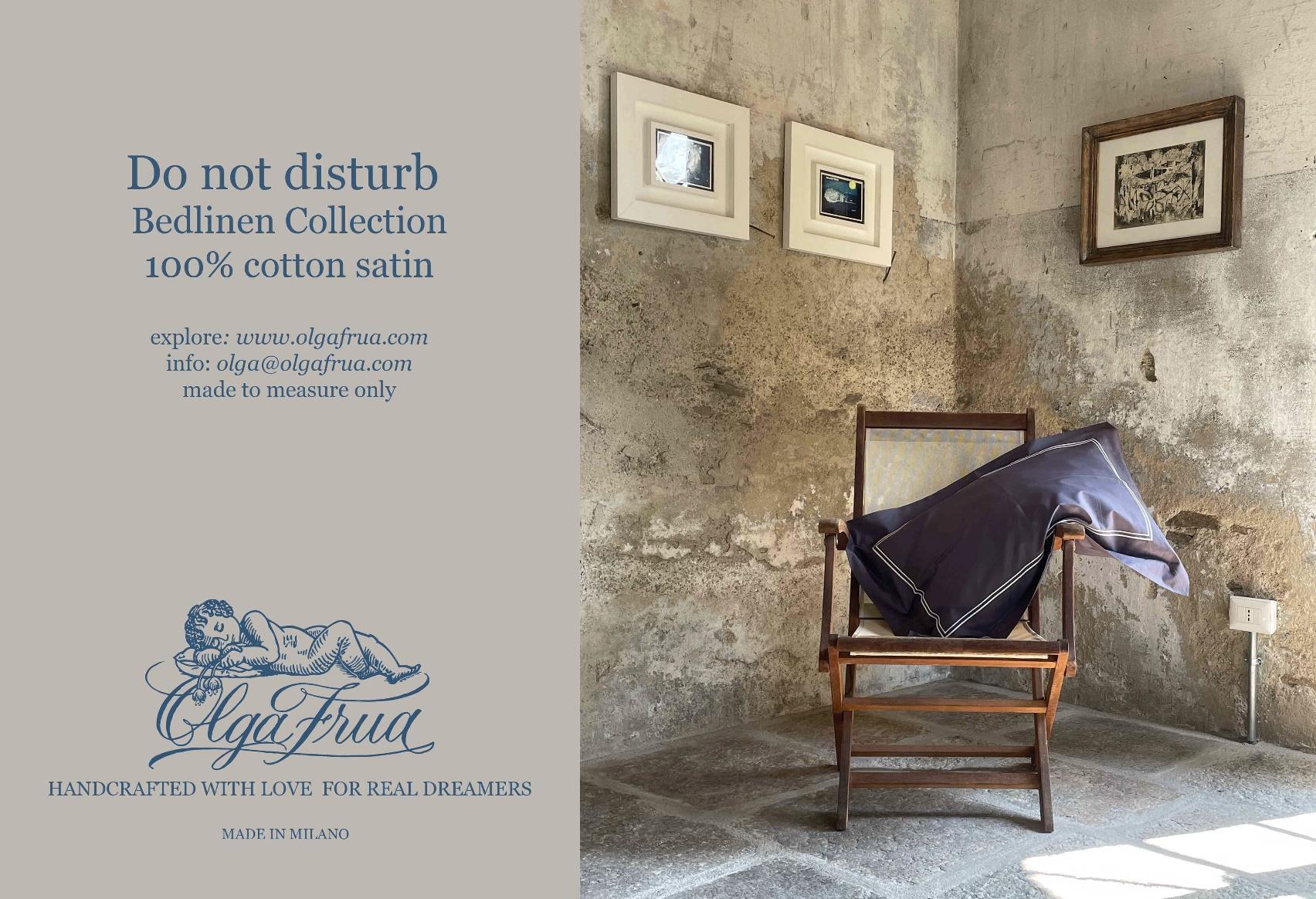
detail, outlined in the press notes, that the execution scene was shot in a prison in Bucha, the Kyiv suburb that has subsequently become a symbol of the terrorisation, torture and unlawful killing of Ukrainian civilians by Russian forces.)
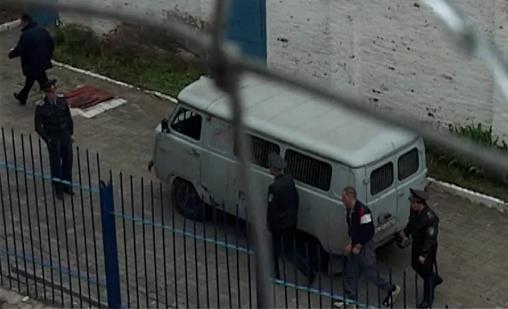
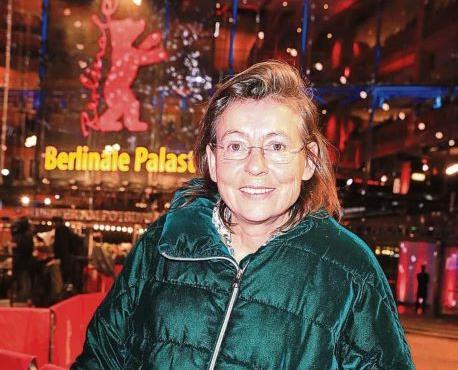
The investigation that precedes the execution falls under the direction of detective Ilhar (Novruz Pashayev) and his friend Full Review
masters like Agnès Varda (The Beaches of Agnès, 2008) and Larry Clark (The Smell of Us, 2014), as well as emerging talents such as Leonardo Di Costanzo (The Intruder, 2017), Maggie Gyllenhaal (The Lost Daughter, 2021) and Klaudia Reynicke (The Nest, 2016). This is true of her most recent undertaking, due to premiere in the main competition at the Berlinale next month: Disco Boy, the feature debut of Giacomo Abbruzzese, a drama about the Foreign Legion starring Franz Rogowski, the German talent who, much like Louvart, has become synonymous with a career that remains tied to his country of origin while frequently and successfully branching out on the global arthouse stage.
And in light of Robby Müller’s own professional experiences, which led him from his native Netherlands to frequent work in Germany (Wim Wenders), Denmark (Lars von Trier) and the United States (Jim Jarmusch), it is very fitting that the award named after him be given to a similarly universal yet singular talent like Hélène Louvart.
– Max Borg


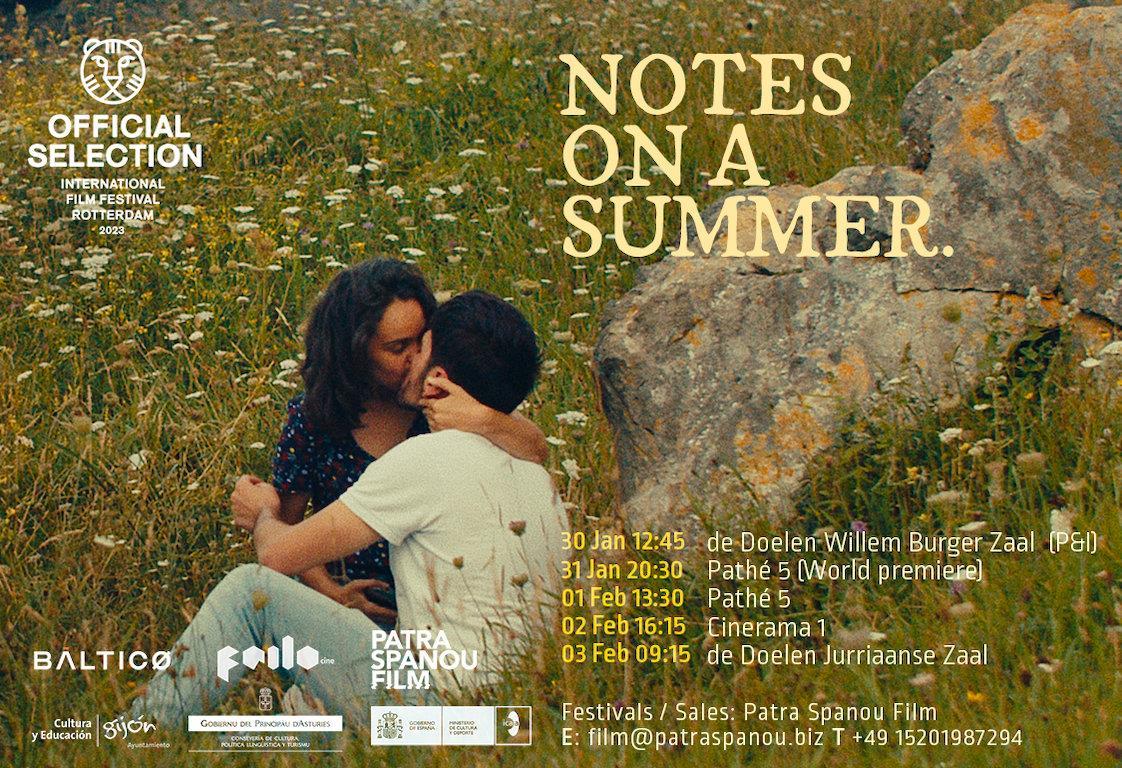
VERDICT: Director Jessica Woodworth's monochrome anti-war drama is visually stunning but weighed down by its ponderous, pretentious tone.

Stephen Dalton, January 29, 2023
Visually ravishing enough to excuse its more jarringly pretentious excesses, Luka marks a kind of homecoming for Belgian-American writer-director
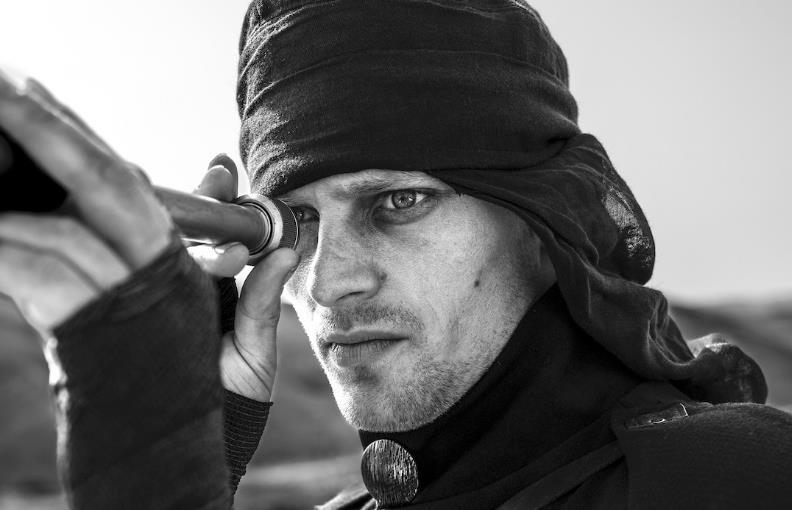
Jessica Woodworth and her regular collaborator
Peter Brosens, credited as producer here. The duo are film festival stalwarts best known internationally

for their mockumentary comedies King of the Belgians (2016) and The Barefoot Emperor (2019), but they originally specialised in sombre, arty travelogue dramas. Shot in luminous monochome tones on Sicily, this eye-catching literary adaptation is very much in the serious camp.
Staged and choreographed like an avant-garde theatre production in places, Luka aspires to the lofty cerebral heights of old-school art-house heavyweights like Bergman, Tarkovksy and Bela Tarr. Inevitably it falls short, too often mistaking ponderous, humourless solemnity for intellectual depth. That said, this is still an absorbingly beautiful, admirably high-minded work with solid festival credential and niche theatrical potential following its Rotterdam world premiere this week.
Woodworth freely adapts Luka from Dino Buzzati’s 1939 novel The Tartar Steppe, a Kafka-esque fable about an Italian soldier at a frontier fortress who initially yearns for a “hero’s death”, before the years begin to fall away and the futility of his existence becomes painfully clear. Resonating across the ages, Buzzati’s book has both... Full Review

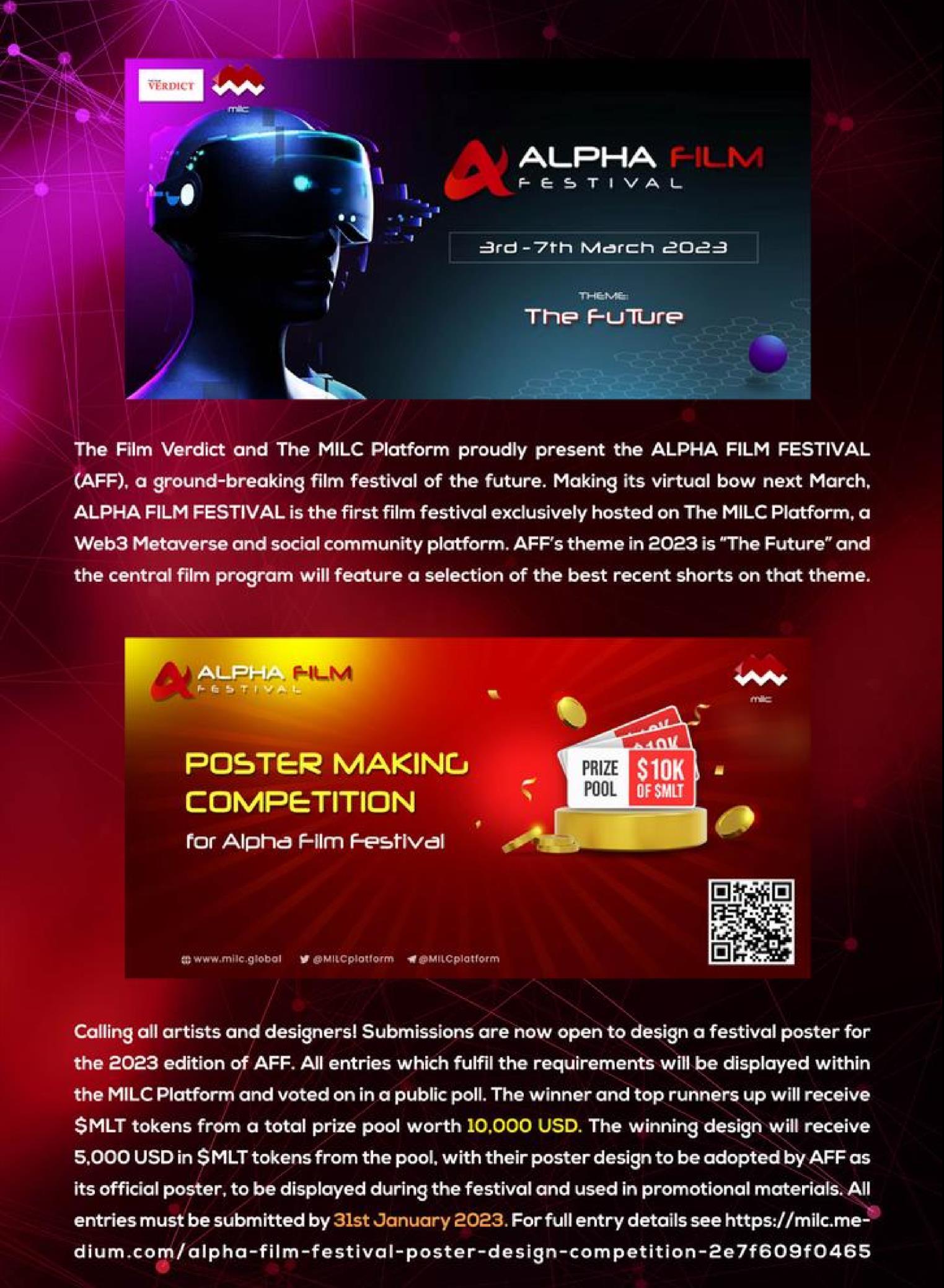


Natureza Humana
The Ammodo Tiger Short Competition jury announced the 3 winning films:
Natureza Humana by
Mónica LimaTito
by Kervens Jimenez & Taylor McIntoshWhat the Soil Remembers by
 José Cardoso
José Cardoso
The awards were decided by a jury of film and video artist Stanya Kahn, programmer, art curator and writer Herb Shellenberger, and writer, cultural programmer and organiser Simone Zeefuik.
From February 1 – 28, there’ll be a whole month to share with the Locarno Film Festival and its short films.
The Locarno Shorts Weeks, one of the Festival’s most popular spin-off events with its global audience, is set to return for a fifth edition, this year with two major new features.
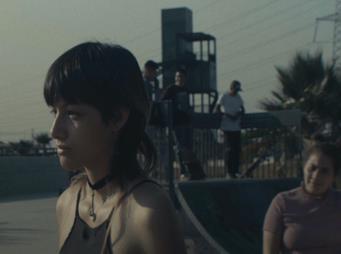
There will be more films than ever before, up from 22 to 28 shorts, selected from entries in the Pardi di Domani and Open Doors sections at Locarno74, and including auteur titles from Locarno’s new Corti d’Autore showcase for short films made by established directors.
Shoah

On March 15, 1943, the first train bound for the Nazi concentration camp in Auschwitz departs from Thessaloniki. Today, 80 years later, the 25th Thessaloniki International Documentary Festival organizes a tribute, honoring the memory of the Jewish community of the city, that was exterminated during World War II. Bringing to the fore painful testimonies and shocking facts, the films of the tribute
“Adio kerida*: From Thessaloniki to Auschwitz - 80 years” shed light on one of the darkest pages in world history. Τhe unhealed universal trauma acts as a reminder and warning for the future.
Titles included thus far include:
Shoah (1985)

Directed by Claude Lanzmann
The Golem (1920)
Directed by Paul Wegener and Carl Boese
Heroes of Salonika (2021)

Directed by Tom Barkay
Salonique, ville du silence (2006)
These titles receive Ammodo Tiger Short Awards, each worth €5,000.

Plus, instead of going online individually one per day, all 28 titles will be listed in a full catalogue available on the Festival website and on Vimeo, ready to be watched any time for the entire month of February.



Directed byMaurice Amaraggi
Children in Hiding (2011) by Vassilis Loules
By-standing and Standing-by (2012)
Directed by Fofo Terzidou
Full line up to be announced soon. Festvial runs from March 2- 12
VERDICT: An ageing footballer reflects on his career in this layered rumination on the nature of the beautiful game adapted from the filmmaker’s own short story.
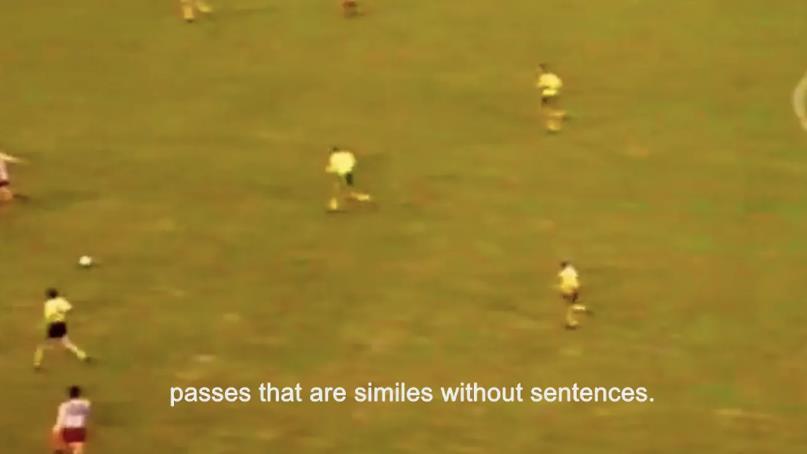

Ben Nicholson, January 29, 2023

The protagonist of Adrian Duncan’s short film Prosinecki – and of the short story of the same name from which it is adapted – is an unnamed footballer in his mid-thirties, playing for an unnamed team in the north of England. While a teammate is treated for an injury, this player’s mind wanders back to his teenage years, his professional peak playing for a club in Germany, and to his childhood idol, the Croatian midfielder Robert Prosinecki. Using archive material and a mellifluous abridged narration of the story by Wendy Erskine, Duncan crafts an entrancing and affecting portrait of an individual and a thought-provoking meditation on the tension between pragmatism and aestheticism – in football and beyond.
The original story is an incredibly poignant one, as the footballer drifts off during a break in play to recall his time playing at the height of his powers in Germany some decade earlier, remembers advice given to him as a youth about to sign his first professional contract, and looks back on arrogant past actions in the light of attempting to emulate his hero. At this moment, he decides that his finest act –an outrageous piece of skill against a team from Dresden years previous, in which he humiliated an opponent – is in fact his greatest sin. Prosinecki had a reputation for flair but with age, the protagonist has come to realise he always made the moral decision; he chose the right pass in service of the game, not preening displays of unnecessary skill for adulation. In this sense, Prosinecki is held up by the player as a god – his alpha and omega, who was both the source of his youthful inspiration and his older, sober revelation. Full Review

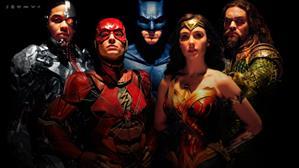

VERDICT: Georgia Oakley's debut feature is at times a little clumsy but it's also the work of an interesting new voice in British cinema with a flair for expressive images.
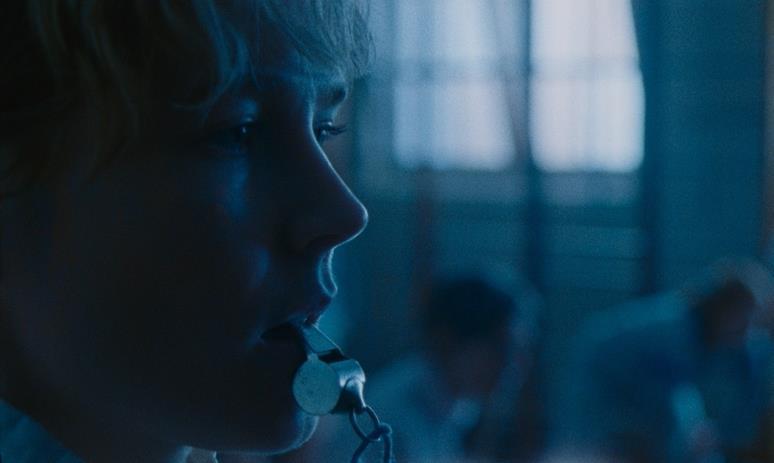
VERDICT: After her award-winning ‘Adam’, writer-director Maryam Touzani affirms her strong storytelling skills in a hugely touching love story set in an old Moroccan medina, where Lubna Azabal battles illness to be with her homosexual husband Saleh Bakri.




